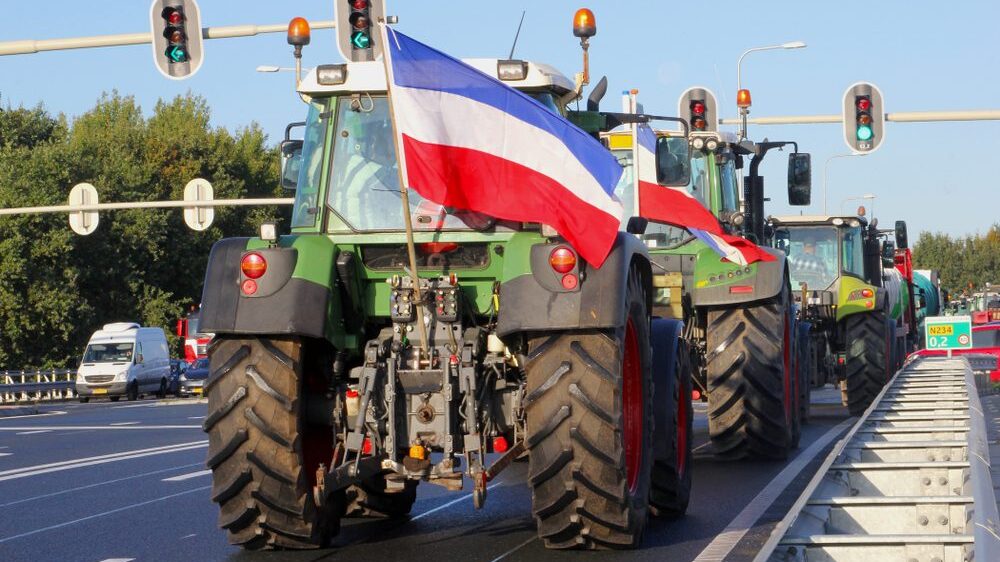
Dutch agrarian populists, the BoerBurgerBewegin (BBB), came in first in regional elections Wednesday, March 15th, in what is described as a significant upset to the country’s political landscape.
An exit poll predicted that the BBB, only founded in 2019, would win 15 out of 75 Senate seats, ahead of the ruling centre-right party VVD by 10. The BBB had no Senate seats before the vote, but if the exit polls are correct, they are expected to form the largest bloc in the chamber, tied with the Labour-Green group.
Under Dutch electoral procedure, the results of Wednesday’s regional elections will determine the allocation of Senate seats in May.
Netherlands (Overijssel), regional election today:
— Europe Elects (@EuropeElects) March 15, 2023
Ipsos exit poll
BBB-*: 31% (new)
CDA-EPP: 9% (-8)
VVD-RE: 8% (-5)
GL-G/EFA: 7% (-2)
PvdA-S&D: 7% (-2)
CU-EPP: 6% (-1)
PVV-ID: 5% (-3)
…
+/- vs. 2019 election
Fieldwork: 15 March 2023
➤ https://t.co/dz1X5eQdmV pic.twitter.com/YSygixQHYi
The BBB shot to prominence after four years of farmer-led protests against the Dutch government’s controversial plans to halve nitrogen emissions by 2030. Dutch farmers have taken to the streets in a series of high-profile protests and blockades against the drastic diktats to slash livestock numbers and the use of fertilisers. Many experts have warned of an engineered food crisis and a risk to 20,000 agricultural jobs.
The result will give the BBB power to block the controversial nitrogen emission legislation in the Dutch Senate and provide the party with control over regional councils which enact state policy. The party scored 31% of the vote in some rural provinces as it appealed to a largely centre-right voter base.
Detail from where the farmer party BBB got its votes https://t.co/4IcSS5CD1T
— Pieter Cleppe (@pietercleppe) March 15, 2023
The BBB also capitalised off urban voters mobilised by construction restrictions due to a court decision to heighten regulations on nitrogen emissions. The party was founded by agricultural journalist Caroline van der Plas in response to emissions cuts and what she viewed as the dominance of the green and animal rights lobbyists on government policy.
Van der Plas described the election results as a fatal blow to the government’s plan to cut emissions in an expletive-ridden victory speech. There is speculation that the results could trigger the early collapse of the four-party ruling centre-right coalition under Prime Minister Mark Rutte, who is now likely to have to negotiate with Left parties to pass legislation.
Right-wing nationalists Forum for Democracy (FvD) were the main losers of the night, being effectively wiped out despite winning similar regional elections in 2019. Geert Wilders’s PVV party is also expected to drop from five to four seats.
Dutch police turned water cannons on farmer protests Saturday, March 11th, as thousands of farmers gathered at The Hague in the latest round of protests which have divided the country.
